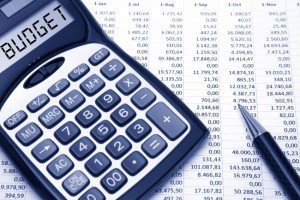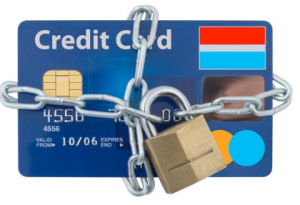One of the most critical skills we need to learn in life is to manage our finances. It will save our lives in so many ways if we know how to manage our finances carefully and wisely. That’s why our parents tried to instill the saving culture in us.
However, despite how much we try, we still find ourselves broke at times. Much worse, many of us fall into debt and find ourselves paying a hefty amount of interest per month. Why does this keep happening? The culprit behind your problem is your spending habits. Often, we’re too focused on harnessing our budgeting and saving skills that we forget this important skill.
In fact, correct spending is the most important skill we need to watch out for as we spend every day. In every action we take, we spend. We often take it for granted because we think that what we spend (say just a dollar on coffee) is small. We believe that it doesn’t affect our life, and our budget, in general. But the truth is, it does. Sometimes, it has an enormous impact on life more than you know.
“We are ruined, not by what we really want, but by what we think we do: therefore never go abroad in search of your wants. If they be real wants, they will come home in search of you; for he that buys what he does not want, will soon want what he cannot buy.” ~ Charles Caleb Colton
How do we monitor and control our spending habits? Here are our top tips for you.
 Have a budget
Have a budget

It doesn’t matter whether your budget is monthly, weekly, or bi-weekly. You’ll be okay, and you can sustain yourself until the next payday if you only have a budget. Budgeting your money can help save your life. When budgeting, always remember this formula:
Salary – Savings = Expenses.
Therefore, the moment you receive your money, budget your money wisely. This can help you cope up with unexpected situations and emergencies. If you have an adequate budget, you’ll most likely have more than money in your pocket.
 Ask yourself why
Ask yourself why
You may think that you’re already doing a great job budgeting your money by listing all the things you need to spend on, but that’s not enough. The next and most critical step you need to do is to ask yourself “Why?” Do you really need to buy a smartphone that costs around $800 when you already have a functioning smartphone? Ask yourself if you really need to buy a new pair of shoes when you already have dozens to wear. Whatever you list it there, try to assess whether you really do need it or not.
Budgeting assessment will make you realize that you’re impulsively buying things that you don’t want. This will help you refrain from impulsive buying. You’ll now be more aware of tracking where your money goes. You’ll be surprised how much money you can save every month!
 Do not spend money that’s not yours
Do not spend money that’s not yours

Never spend money that’s not yours. You may think that it’s okay to use credit cards. In fact, most people believe that it’s cool to use credit cards because they make them look rich. Contrary, it’s the opposite. Why? Because it only tells how much you’re unable to budget your money that you need to borrow from someone else.
Furthermore, you tend to overspend unnecessarily because you think you have all the money in the world. And when it’s finally billing time, you’ll be shocked at how much money you need to pay. Sometimes, your bills may even exceed your salary! How the heck are you going to pay for that?










